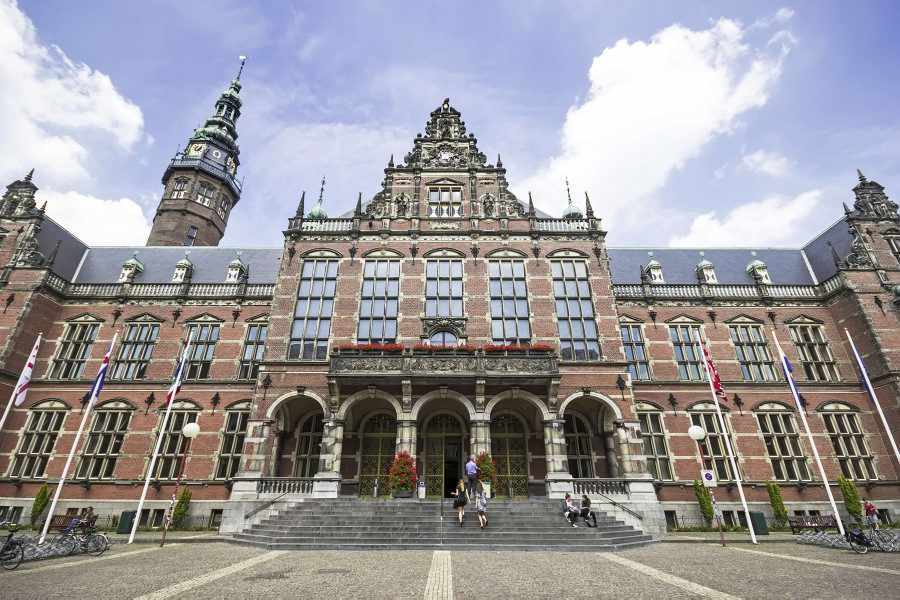A combination of more university courses being available in the Island and people studying in Europe and the USA, together with costs that can reach as much as £40,000 for one student on a three-year course are believed to be factors behind the fall.
UK university tuition fees for 2014/2015
- Band A (clinical years for medicine, dentistry and veterinary science) – £24,065
- Band B (science and engineering courses and non-clinical years of medicine) – £10,823
- Band C (studio and workshop-based courses, eg IT, art and design, health) – £8,521
- Band D (classroom-based courses, eg humanities, social studies) – £6,795
Tuition fees for Highlands College for 2014/2015
- Band 1 (IT for Business full-time degree) – £6,830
- Band 2 (social Science, childhood studies, financial services and business management full-time degrees) – £5,830
- Band 3 (art and design part-time degree) – £3,415
According to figures from UCAS – the charity that runs the admissions process for almost all of the UK’s universities – there were 610 applications from Jersey for university places in 2006. Last year that figure was down to 505.
And in the years since the cap on university fees was increased to £9,000 in 2012 the number of applications has fallen every year.
Despite the number of applicants from Jersey declining, the total number of people from around the world applying for UK university courses has increased from 390,890 in 2006 to 512,370 last year.
Andy Gibbs, head of careers and lifelong learning at the Education Department, said he believed the high price of going to university was having an impact on the number of applicants from Jersey.
However he said many Islanders were now choosing to study locally thanks to an increase in the number of degree or equivalent courses being run in the Island.
‘University is a very expensive thing and some people will not be able to go for a variety of reasons,’ he said. ‘But from our point of view the number of people studying in higher education seems to have stayed the same. People are studying locally and in Europe or the USA.

‘Although Jersey has seen a jump in costs it has not been as much as those in the UK. If you look back to around 2006 Islanders were still paying around £6,000. Now that has increased to around £9,000. But in the UK that jump was from about £3,000 to £9,000.’
According to figures from the Education Department around 150 Islanders are now studying for degrees or at an equivalent level locally.
- There are local students at universities across Britain, however the most popular study locations are those closest to home, with six of the top ten universities located on the south coast of England.
- The universities of Brighton and Winchester have the highest number of Jersey students, with Sussex, Plymouth and Exeter also proving popular.
- Aside from the south coast, Loughborough and Liverpool also have a high intake of Islanders.
A spokeswoman for the department said: ‘The main reason for the difference in the figures is the huge increase in number of people studying for degrees locally. UCAS figures do not include these – or the numbers of people studying in other countries outside the UK.
‘In 2006 there was just one full-time degree at Highlands, now there are 11 degree courses in a range of subjects. Also there are degree courses provided outside Highlands for nursing via the Hospital, at the Jersey International Business School and Institute of Law. There is estimated to be about 150 people studying locally at this level.’
CORRADO Anderson, a father of four who had to remortgage his home to fund his child’s education at university, said he believed the States should offer a loans system similar to the UK to help people go to university. Currently parents can apply for a grant, which is non-repayable, depending on their income and the course their child is taking.
Mr Anderson said he had four children of similar age and that some of his children might have to consider other forms of higher education because it was so expensive.
‘For families with more than one child the fees can turn out to be more than around £30,000 a year and you just can’t, as a parent, afford to send your child to university for that sort of money,’ he said.
‘What is different to the UK is that the government offer the loans through the Student Loans Company, which took up the majority of the slack in the UK when the fees rose. I think if they offered that in Jersey it would at least give parents another option.’

- Back in November, the JEP reported that Island students were being urged to consider studying abroad to gain an advantage over UK university students when applying for their first job.
- Andy Gibbs, the Islands head of Careers and Learning Support, said at the time that graduates from European, North American, New Zealand and Australian universities stand out from those who study in Britain and that those who choose the European route are likely to pay a fraction of the price.
- Mr Gibbs said that the number of courses taught in English across the European Union had increased in the past few years and that many were far cheaper than similar courses in England, Scotland and Wales. He said that Dutch colleges and universities were particularly attractive, with Jersey students with British passports paying in the region of £1,700 a year less than a quarter of the £9,000 or more charged in the UK.
- Although a comparatively low number of students were studying abroad, with approximately 25 students outside the UK, he said there had been increased interest, especially in European universities.






